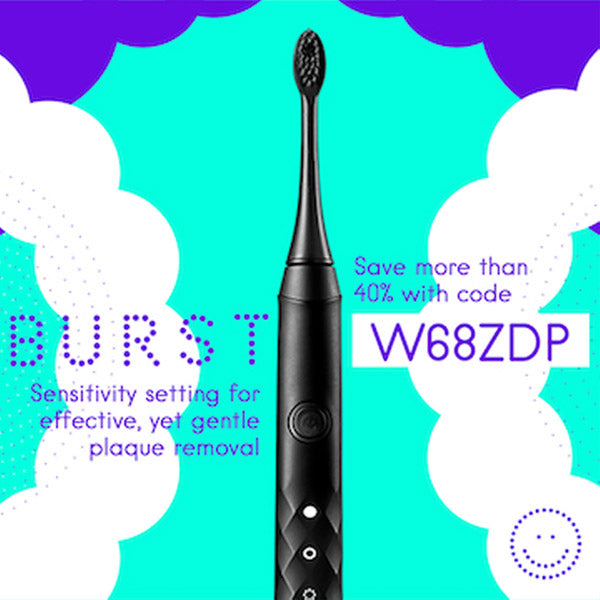ADA expands policy on screening for oral and oropharyngeal cancers.

The American Dental Society has announced resolution 65H-2019, recommending dentists perform routine visual and tactile examinations for oral and oropharyngeal cancers on ALL patients. Previously, the recommendations were limited to those patients who were thought to be at increased risk due to tobacco or alcohol usage.
"The revised policy aligns our statement with Centers for Disease Control and Prevention guidelines on visual and tactile examination and screening for oral and oropharyngeal cancers and highlights dentists' critical role in cancer screening and prevention," said Dr. Maria Geisinger, chair of the ADA Council on Scientific Affairs, which was charged with reviewing the policy and recommending changes.
The Emerging Role of The Human Papillomavirus (HPV)
In October 2018 the ADA House of Delegates passed Res. 53H-2018, supporting the use and administration of the human papillomavirus vaccine. The CDC estimates 70% of oropharyngeal cancers in the United States are associated with HPV.
The resolution cites recommendations from the Centers for Disease Control and Prevention Advisory Committee on Immunization Practices, stating that the vaccination is a “safe and effective intervention to decrease the burden of oral and oropharyngeal HPV infection.” The policy also encourages outside agencies to support research to improve the understanding of the natural history of the oral HPV infection, transmission risks, screening and testing.
Disparities
The American Journal of Preventive Medicine published a research article in August 2019 finding disparities in care, according to a 2011-16 National Health and Nutrition Examination Survey. The survey showed that only approximately one-third of U.S. adults 30 and older who had visited a dental practice within the last two years reported receiving an oral cancer screening exam. The data also showed disparities based on demographics, race/ethnicity, income, education and being uninsured or publicly insured as affecting the likelihood to receive an oral cancer screening.
Stay informed
It is essential that every dental practice has a screening protocol in place. Valuable resources are available to ensure that oral cancer screenings are being conducted consistently and effectively for each patient.
A few of Side Effect Support’s favorite resources include:




